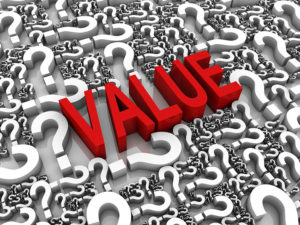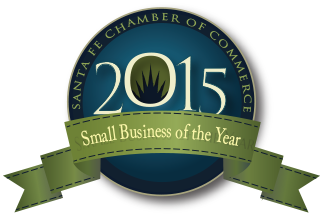23 Jul What’s It Worth? 9 Key Factors for Business Valuations
Do You Need a Business Valuation?
Whether you’re buying or selling a business, a business valuation is a necessary step in the process. You might be more familiar with the term “business appraisal.” These two interchangeable terms describe a complicated process used to determine what a business is worth.
There is no “cookie cutter” way to do this. There are different types of business valuations for different circumstances. There are some circumstances where a formal valuation is needed. In other instances, a less formal approach can be taken. We will help you navigate the various types of business valuations and determine which type of appraisal you need for your specific circumstances.
What Is My Small Business Worth?
Every business owner (and potential business owner!) wants a simple, clean answer. Unfortunately, too many business brokers, CPAs, and fishing buddies are more than happy to give them a simple yet incorrect one. The process of pricing a small business is like preparing a complex meal. You put in a lot of key ingredients to get to the end result.
9 Key Ingredients for Pricing a Small Business Correctly
- Sales revenue – Is the business growing? Shrinking? Is it volatile year-to-year?
- Profits – After adjusting for the owner’s earnings, what profit is the business actually making?
- Customer Concentration – Is the largest customer a large part of the total business sales? Is it the same large customer every year? What is the risk of losing that customer?
- Vendor concentration – Is the business dependent on a critical supplier? Is there a replacement supplier if something goes wrong?
- Family members – Who is involved in the business?
- Big industry or regulatory changes – What shifts are in the works? Good or bad?
- Financial records – Does the profit and loss statement accurately reflect the financial performance of the business? Can the tax returns and P&L be reconciled easily?
- Accounting – Is the accounting done on a cash basis? Accrual? Are tax returns and financial statements prepared with consistent accounting principles?
- Current interest rate – What is the present interest environment? Generally speaking, the higher the interest rates the lower the business value to a buyer due to the higher cost of borrowing to pay for the business.
And the list of issues goes on! The best advice: ignore any “Rule of Thumb”advice. Contact us to set up a frank, confidential discussion. We can guide you through the process of determining a price for your business in today’s market that will help you meet your goals.










